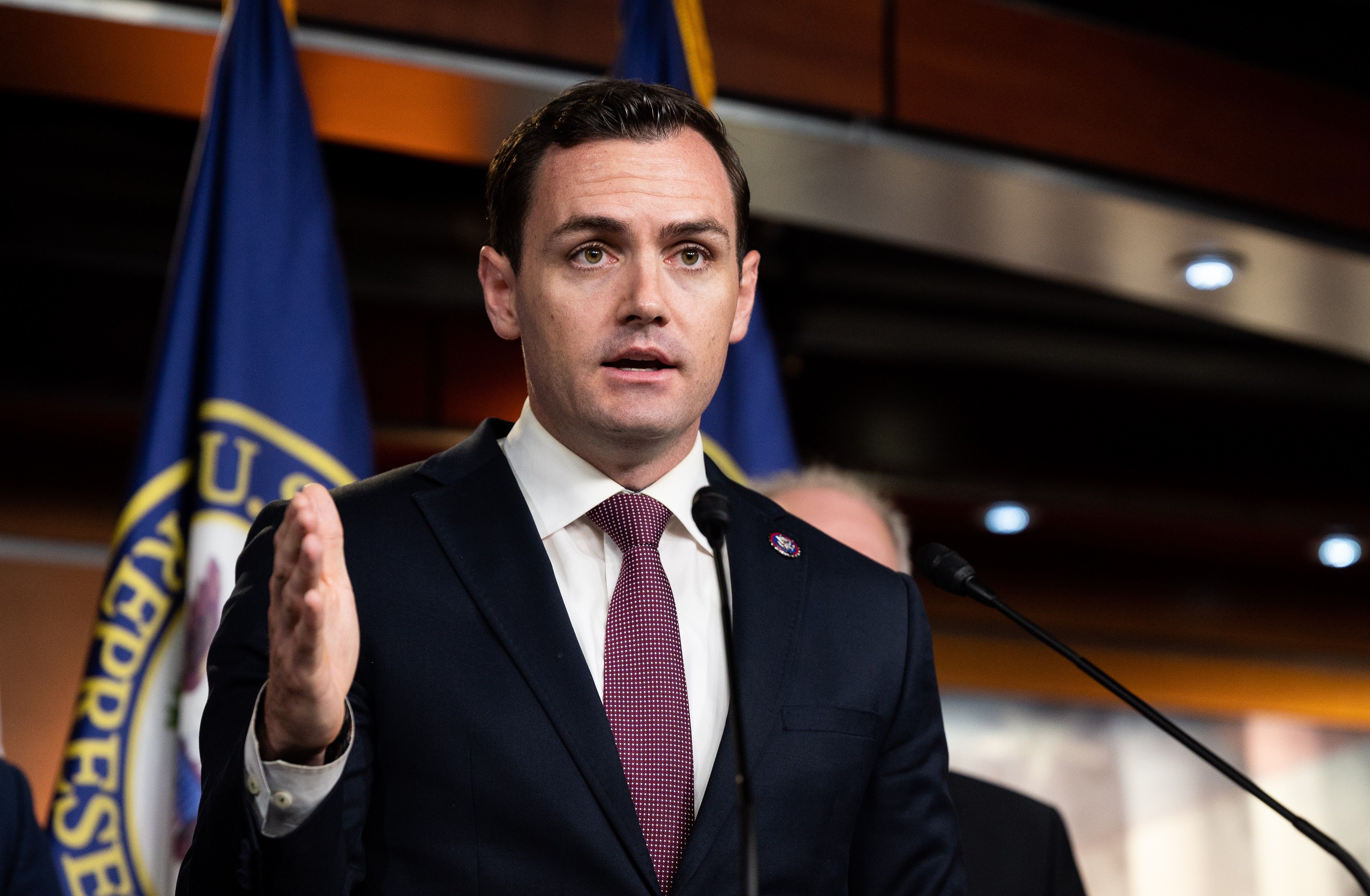In a recent Foreign Affairs article, Rep. Mike Gallagher (R-Wis.) — recent chair of the House Select Committee on the Chinese Communist Party — and former deputy national security advisor Matt Pottinger argue that the United States “shouldn’t manage the competition with China; it should win it.” To do so, the authors say Washington should suspend dialogue with Beijing, declare a “new cold war,” and establish “primacy in Asia.”
Not only does the article fail to adequately describe what “winning” a cold war would look like, it actually advocates for an aggressive approach that could result in a hot war. Beijing will have little incentive to back down if it suspects that Washington is bent on achieving “victory” regardless of China’s actions. A more assertive U.S. posture would likely be met with more, rather than less, hostility from Beijing.
While the United States must deter offensive actions, it should also provide reassurances that any moderation in China’s behavior will be met with reciprocal restraint. A strategy that prolongs peace — by managing competition — is more likely to preserve Washington's advantageous position and sustain stability in Asia.
Gallagher and Pottinger argue that the United States should only engage in diplomacy with China from “a position of American strength.” However, the authors fail to mention the fact that the scales are already tipped in favor the United States, which possesses the world’s largest economy, a robust network of allies and partners, a nuclear arsenal nearly 10 times larger than China’s, four times as many fifth-generation aircraft, control over the global reserve currency, a growing population, and relatively favorable soft power around the globe. To be sure, China’s strength has grown rapidly in recent years, but Beijing is unlikely to ever match the combined strength of the United States and its allies and partners.
Since coming to office in 2021, the Biden administration has leveraged the United States’ relative position to manage relations with Beijing. Early on, Washington invested in domestic resolve before pursuing diplomacy with China. In February 2021, Secretary of State Antony Blinken said that the administration would “engage China from a position of strength.” After a period of “strategic patience” — during which Washington repaired alliances and supported the U.S. economy — the administration then began to establish guardrails with Beijing. Recently, the two sides reopened military dialogues, and China has refrained from unsafe encounters with U.S. military assets.
While the U.S.’s relative advantage has provided a solid basis from which to engage Beijing, any attempt to establish “primacy” would be unrealistic at best and self-defeating at worst. A rapid increase in U.S. military spending, as advocated by Gallagher and Pottinger, would likely prompt an acceleration in Beijing’s military modernization, risking a destabilizing arms race.
In addition, many countries in Asia, even those favorable to the United States, would not welcome U.S. attempts to establish regional hegemony. Rather than seek conventional military dominance, Washington should instead focus on providing allies and partners with defensive arms, especially cost-effective area-denial weapons.
Gallagher and Pottinger argue that detente is a “discredited” policy. However, negotiations with the Soviet Union are one factor that prevented the Cold War from turning hot. Henry Kissinger described the rationale for detente as follows: “Our view was that a long period of peace would benefit us more than the Soviet Union. The Soviet Union had a very rigid system, a very stagnant economy.”
Although former President Reagan campaigned against detente, he ultimately engaged in negotiations with the Kremlin to reduce the chances of nuclear conflict. Cold War historian Simon Miles writes that, during his first year in office, Reagan announced that the United States would “return to the arms control bargaining table in Geneva.” Likewise, Melvyn Leffler suggests that reassurances by Reagan gave Mikhail Gorbachev the confidence to continue with his plan to cut defense spending and pursue internal reforms. “By seeking to engage the Kremlin,” Leffler argues, the Reagan administration “helped to win it.”
Like the United States and the Soviet Union during the Cold War, coexistence between the United States and China is the only option. The hypothesis that one side can force its will on the other is an illusion. A war between two nuclear-armed superpowers would be a calamity for both countries and the world.
If coexistence is the only option for U.S.-China relations, then Washington should seek terms of coexistence that favor U.S. interests and promote global stability. Sar far, the Biden administration has been too vague about its goals. This stems in part from Washington’s insistence that it wants to shape “the strategic environment in which it [China] operates” rather than “change the PRC.” However, if the United States wants to see more constructive behavior by Beijing, it must also clarify what actions China can take to improve the relationship.
China, for its part, has been very good at defining what it wants from the United States, issuing so-called “lists” of actions that Washington “must stop.” While this messaging can be ineffective when the demands are maximalist or delivered as accusations rather than good faith attempts to negotiate, the reality is that each side needs an opening bid.
In 1950, then-Secretary of State Dean Acheson delivered a speech at UC Berkeley, laying out the conditions on which U.S.-Soviet coexistence could take place. He argued that Moscow should abide by the agreements made in Tehran, Yalta, and Potsdam to establish a post-World War II modus vivendi. Today, Washington and Beijing should take advantage of the short-term stability in bilateral tensions to consider how to lay the groundwork for a long-term period of coexistence.
- To stop a new cold war, the US must cooperate with China ›
- How to manufacture a ‘new cold war’ with China ›
- House passes $1.6 billion to deliver anti-China propaganda overseas | Responsible Statecraft ›
- Why Texas should invite Xi Jinping to a rodeo | Responsible Statecraft ›
















